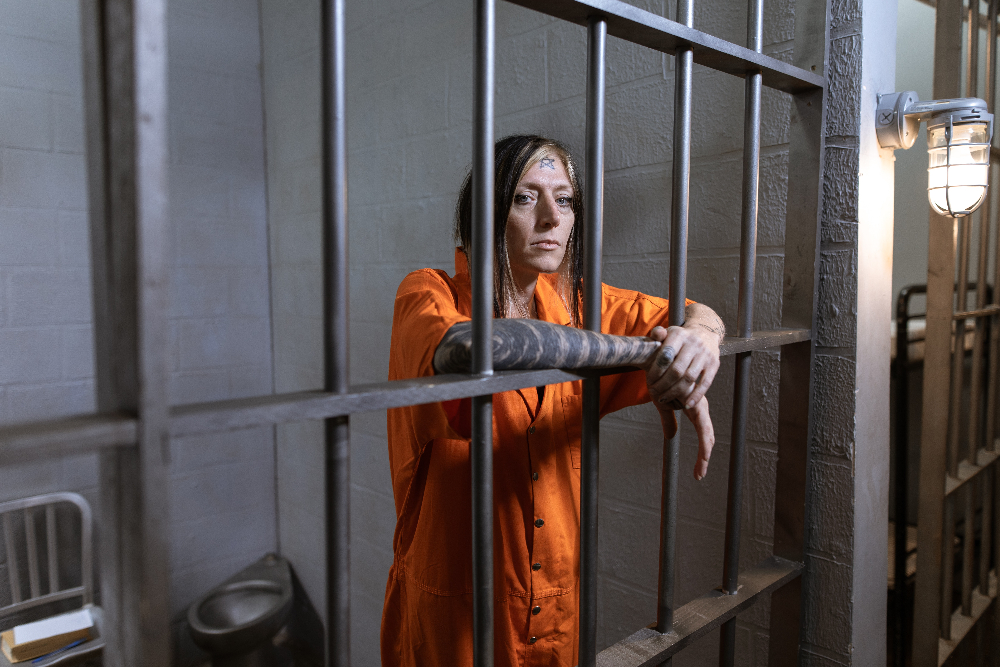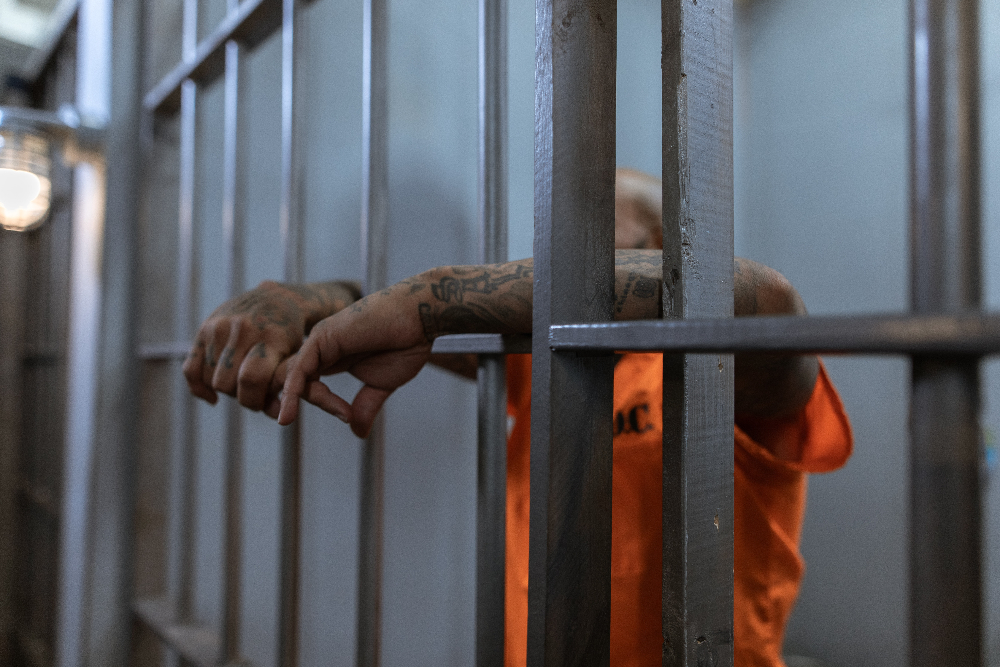Studies show LGBTQ+ inmates, especially juveniles, receive inadequate psychological care while behind bars
A recent study published in the Journal of Pediatrics has shed light on the mental health struggles faced by queer youth who are incarcerated. The study, which was conducted by researchers at the University of California, Los Angeles, surveyed over 500 young people between the ages of 12 and 24 who were incarcerated in juvenile detention centers in California. Previous studies have also determined that LGBTQ+ inmates received inadequate mental health care while incarcerated.
The findings of the study were alarming: queer youth in detention had significantly higher rates of depression, anxiety, and self-harm compared to their non-incarcerated peers. In addition, these young people were more likely to have experienced trauma, including physical and sexual abuse, and were less likely to have access to mental health services.
These findings align with previous research on the mental health of LGBTQ+ youth in the juvenile justice system. A report by the Williams Institute at UCLA found that LGBTQ+ youth in the juvenile justice system are more likely to experience mental health issues and less likely to receive mental health care, compared to their non-LGBTQ+ peers. In 2015, the Williams Institute published a report titled “LGBTQ Youth in the Juvenile Justice System,” which examined the prevalence and experiences of LGBTQ+ youth in juvenile detention centers. The report found that LGBTQ+ youth are overrepresented in the juvenile system, and that they face additional challenges and disadvantages compared to their non-LGBTQ+ peers.

The report cites several reasons for the disparity in mental health care for LGBTQ+ inmates, including discrimination and stigma, a lack of cultural competency among mental health professionals, and a lack of access to affirming and supportive services.
The high rates of mental health issues among queer incarcerated youth can also be attributed, in part, to the stigma and discrimination they face in society. LGBTQ+ youth are at a higher risk for psychological distress due to the marginalization they experience, and being incarcerated only exacerbates these challenges. In fact, research has shown that incarceration itself can have a negative impact on mental health, leading to higher rates of depression, anxiety, and post-traumatic stress disorder (PTSD).
Given the heightened emotional risks faced by queer incarcerated youth, it is crucial that policymakers and advocates work to address their needs. One way to do this is by providing easier access to services within detention facilities. This could include individual therapy, group therapy, and medication management. It is also important to ensure that mental health professionals working in these facilities are culturally competent and trained to work with LGBTQ+ inmates.
In addition to providing access to mental health services, there are steps that can be taken to reduce the number of young people who are incarcerated in the first place. This could involve providing alternative forms of punishment for low-level offenses, such as community service or restorative justice programs. It could also involve investing in programs that support young people in avoiding the criminal justice system altogether, such as education and job training programs.
Overall, it is clear that more needs to be done to support the mental health of queer incarcerated youth. By providing access to mental health services and working to reduce the number of young people who are incarcerated, we can create a more just and equitable society for all.
Sources:
Mental Health of LGBTQ+ Youth in Juvenile Justice: Prevalence and Disparities
Queer incarcerated youth have worse mental health than their peers, new study shows
LGBTQ Youth in the Juvenile Justice System
The Psychological Impact of Incarceration: Implications for Post-Prison Adjustment


Join the conversation!